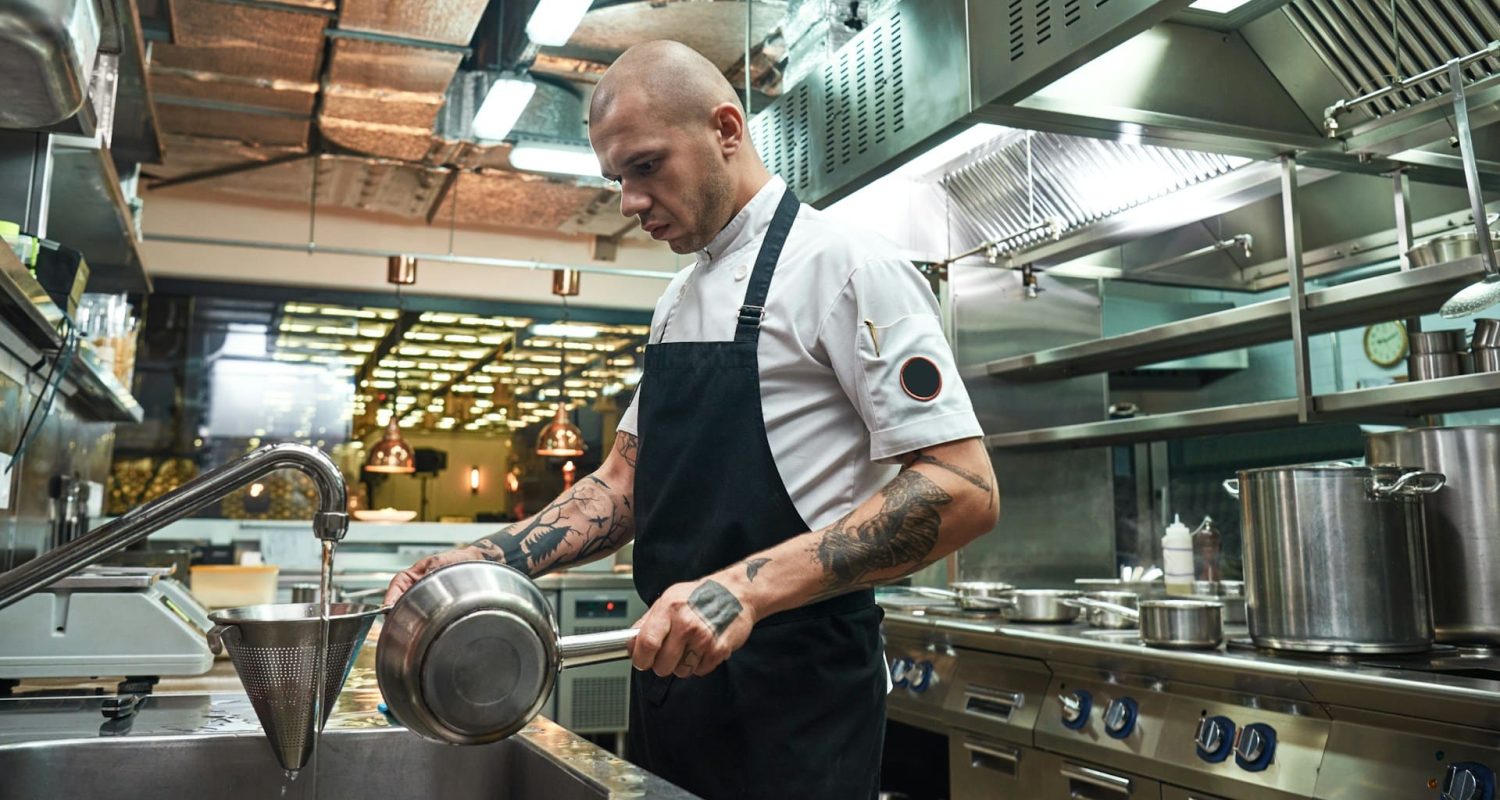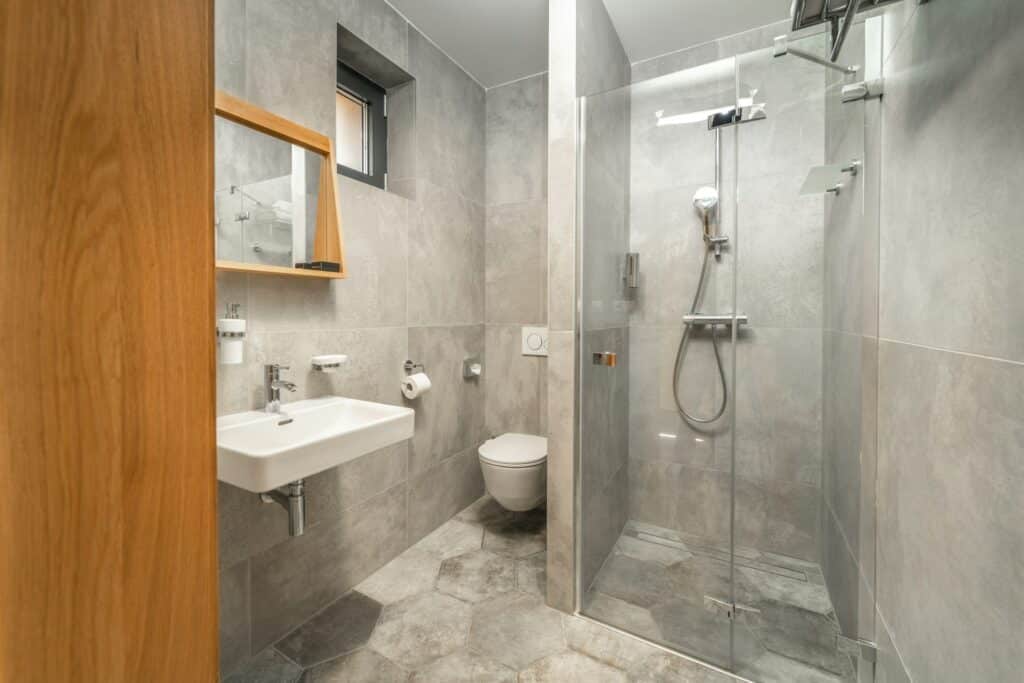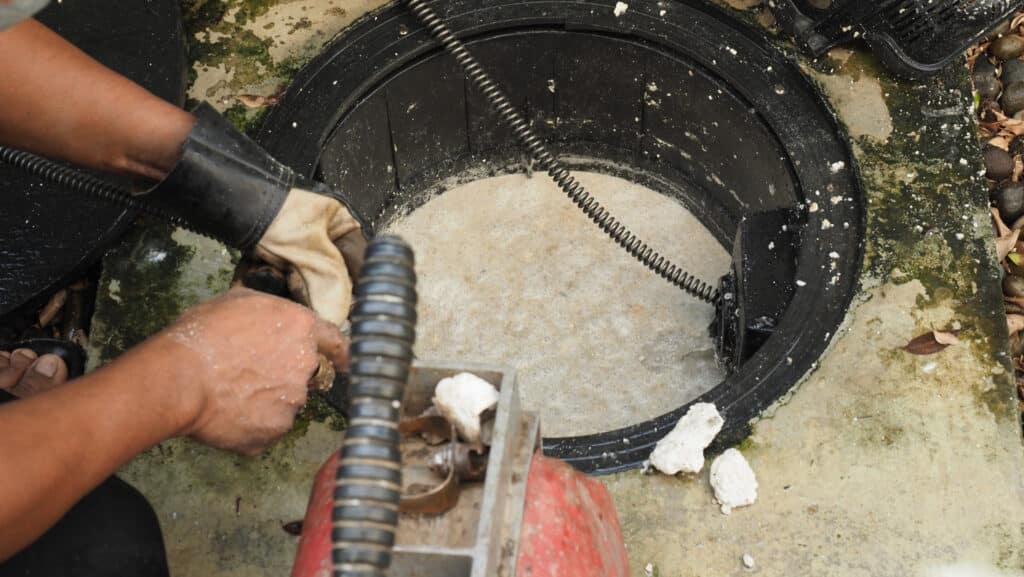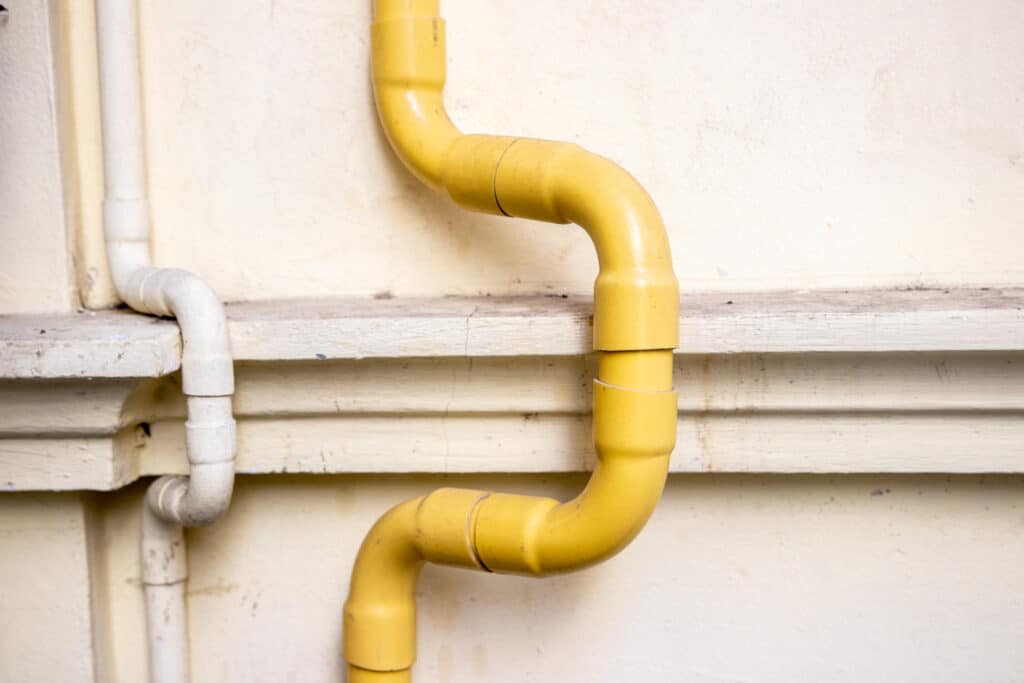In a busy commercial kitchen, there’s a lot that can go wrong if the drains aren’t working right. When your crew is focused on meal prep, cleanup, and keeping up with orders, it’s easy to overlook what’s going on just beneath the sinks and floor drains. But if grease, soap, or scraps pile up and clog the lines, it can slow everything down. And when that happens, it’s more than a plumbing issue—it’s a problem for your whole operation.
In places like Cape Coral, where kitchens stay active year-round, there’s no off-season for maintenance. High humidity, constant use, and waste buildup can make drains more likely to clog if they aren’t managed carefully. Staying ahead of the wear and tear with smart drain care keeps things moving during your busiest hours and helps avoid unexpected shutdowns.
Regular Maintenance Practices
Routine checkups for your kitchen drains aren’t just “nice to have”—they save you stress down the road. A clear, well-maintained drain system supports smooth kitchen service, limits downtime, and keeps repair bills from stacking up. It also helps spot the early warning signs of bigger problems before they cut into your operations.
Even with the demands of daily service, a basic maintenance schedule can go a long way. Here’s a simple breakdown to help your team stay on track:
Daily
- Clean out food strainers in all sinks before and after shifts
- Wipe down sink bowls and drain rims to keep gunk from building up
- Run hot water through each drain at the end of the day
Weekly
- Pour enzyme-based cleaner down high-use drains (check with a plumbing contractor for what’s safe for your system)
- Remove and rinse floor drain covers
- Check for slow draining or bad smells coming from any of the drains
Monthly
- Inspect grease traps, clean or schedule a cleaning if needed
- Flush drain lines with a safe cleaning solution if permitted
- Keep a short checklist on hand so nothing’s forgotten
One example that comes up a lot is a prep sink that starts to drain slower over the course of a few days. The staff might not say anything at first, hoping it clears up on its own. But small changes like this are often the first clue there’s buildup forming in the line. Catching it early through consistent checks keeps it from turning into a full clog or backup.
If something feels off, don’t ignore it. Water draining slower than normal, foul smells, or occasional bubbling are all signs that the system could use a closer look. Flagging those signs early helps avoid emergency calls and lets you schedule service when it works best for your kitchen’s timing.
Common Drain Problems in Commercial Kitchens
In Cape Coral kitchens that run full steam during lunch and dinner rushes, it’s no surprise that drain issues can pile up fast. Grease is the most common culprit. It starts as liquid when hot, but once it cools, it hardens inside your pipes. Add food scraps, oil, and soap scum to the mix, and the drains begin to narrow. This buildup leads to slow draining, backups, and foul smells that no restaurant wants their customers or staff exposed to.
Another common problem is large food particles slipping past sink strainers or being forced down floor drains. These scraps can settle in the traps and bends of the pipes, acting like a plug. Once other materials catch on, things go downhill from there. Drainage slows to a trickle or stops entirely. That can lead to standing water, causing safety risks and delays in the kitchen.
To help avoid problems like these, focus on early prevention:
- Train staff not to pour grease or oil down any drains
- Use sink strainers that catch both fine and large food bits
- Clean grease traps before they overflow or start to smell
- Schedule periodic checks before or after peak seasons
One example that stands out came from a beachside café with drain backups every Friday night. After a scheduled inspection, the cause turned out to be an uncleaned grease interceptor that hadn’t been serviced in months. Once it was cleared and a routine plan was set up, the issue disappeared. Regular upkeep turned the problem around fast.
Advanced Drain Cleaning Methods
When buildup goes deep or keeps coming back, it’s time for something far stronger than a plunger or store-bought solution. Professional contractors have techniques that work better and faster, especially for commercial kitchens running heavy-duty systems.
Hydro-jetting is one of the most efficient methods. It uses a high-pressure stream of water to blast away grease, sludge, and residue inside pipes. Think of it like pressure washing the inside of your drainage lines. It clears not just the blockage but the residue that causes clogs to return.
Another helpful tool is video inspection. Small cameras go through the pipes and give contractors a close-up look at what’s going on. It shows if the problem is a blockage, corrosion, or something more serious like a cracked pipe or collapsed section. This takes out guesswork and helps tailor a fix that actually works.
These methods aren’t usually part of regular daily or weekly cleaning. They’re used during deeper inspections or when problems keep happening despite routine care. Knowing what’s available helps you make quicker decisions and avoid emergency situations down the road.
Training Kitchen Staff on Drain Etiquette
Even the best plumbing setup can’t hold up if staff aren’t on the same page about what goes down the drain. A solid training plan helps avoid careless errors that lead to bigger issues.
Make it simple, repeatable, and quick to understand. Rather than create a long manual, set up a short checklist or reminder sheet in the dishwashing area, near sinks, and beside the floor drains.
Here’s a sample starter checklist for kitchen staff:
- Scrape all plates and cookware into the trash or compost before rinsing
- Never pour grease, oil, or sauce down any sink or floor drain
- Report slow drains, bubbling, or odd smells immediately to the manager
- Clean strainers and screens at the end of each shift
- Don’t hose food waste into floor drains
By establishing good habits, you lower the risk of clogs and backups. You also help protect other investments like appliances, floors, and counters that suffer from standing water or overflow. Staff who understand the why behind the rules are more likely to follow them, so include a brief explanation when rolling out new procedures.
How to Keep Your Kitchen Running Without Drain Trouble
A strong maintenance routine combined with staff habits can cover most issues. But there are some things that still need attention from licensed drain cleaning contractors familiar with the specific demands of commercial kitchens in Cape Coral.
Establishing a routine service schedule with professionals keeps your system running smoothly and gives you peace of mind. These contractors use specialized tools and techniques that go beyond surface cleaning, like identifying hidden problems before they become expensive emergencies.
Drain problems aren’t just pipe deep. When left too long, they disrupt the way your kitchen operates. Backup during a rush or an overnight flood can throw off your operations for days, maybe longer. Regular service takes the guesswork out of drain care and supports a kitchen that runs safely and smoothly, season after season.
Whether your kitchen is facing routine blockages or unexpected backups, we understand that keeping things running smoothly is a top priority. Discover the benefits of regular maintenance from experienced drain cleaning contractors in Cape Coral. Trust Waterway Plumbing & Drain Cleaning to provide tailored solutions that keep your kitchen’s operations seamless and efficient.




